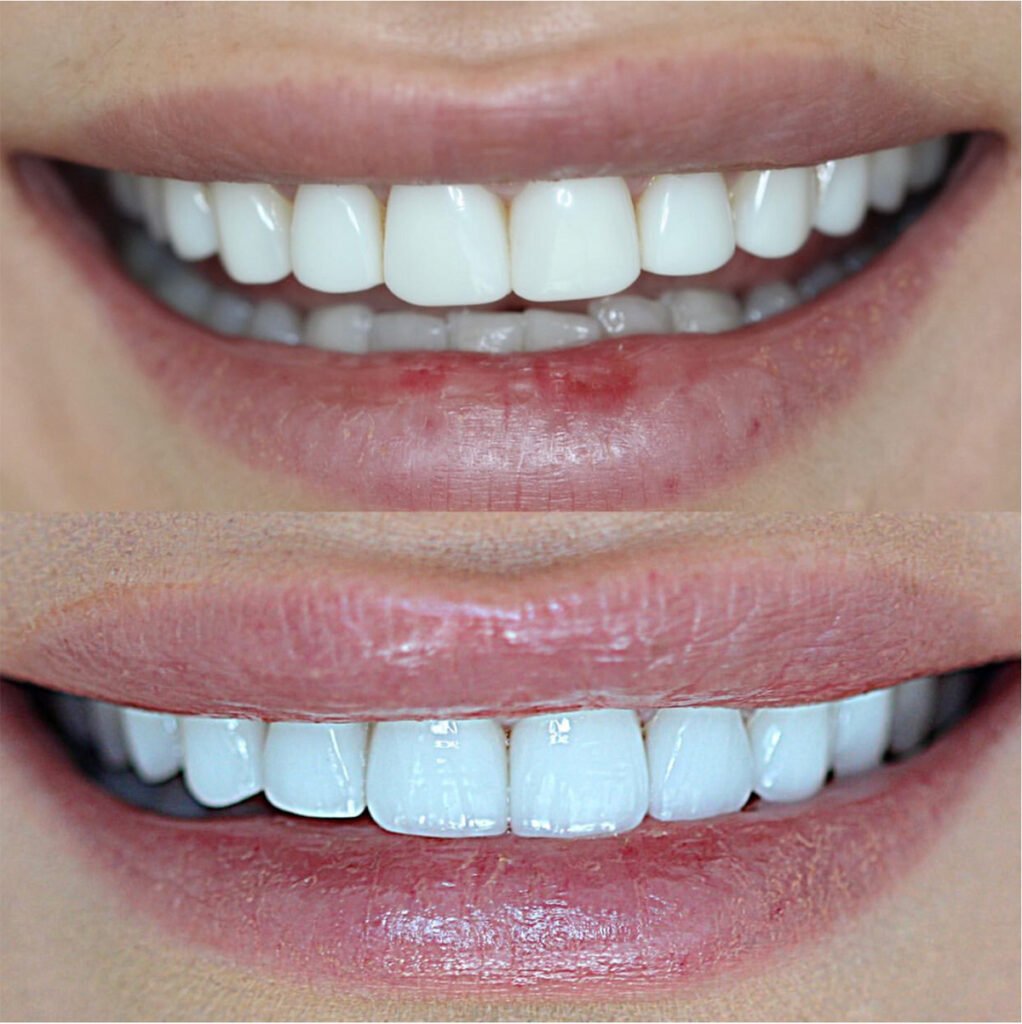Porcelain veneers are a transformative cosmetic dental treatment that can enhance your smile for 10–15 years—but only if you care for them properly. While veneers are durable, they still require mindful maintenance, especially for patients managing chronic medical conditions such as diabetes, hypertension, autoimmune disorders, or dry mouth.
This guide covers everything you need to know about preserving your porcelain veneers for the long term, with specific care tips tailored for medically complex patients.
🦷 Why Proper Care Is Crucial for Veneers
While porcelain is highly resistant to stains and damage, veneers can still fail if the underlying teeth or gums become compromised. Good care ensures:
- Long-lasting aesthetic results
- Strong bonding to your natural teeth
- Prevention of decay and gum disease
- Reduced risk of veneer chipping or dislodgement
🩺 Special Considerations for Patients with Medical Conditions
Your general health plays a major role in how well your mouth heals and how resilient your dental work remains. For example:
- Diabetes can impair gum health and increase the risk of infection.
- Hypertension can affect bleeding and stress levels during dental procedures.
- Autoimmune disorders (like lupus or rheumatoid arthritis) can affect saliva production and inflammation.
- Dry mouth (xerostomia) from medications or health conditions can raise the risk of decay around veneers.
By tailoring your veneer care routine to your medical background, you can enjoy both oral and overall health harmony.
🪥 Daily Hygiene Tips for Veneers
1. Brush Twice Daily with a Soft Toothbrush
Use a soft-bristled manual or electric toothbrush to avoid scratching the veneer surface or irritating the gums.
- Use non-abrasive fluoride toothpaste (avoid whitening or charcoal pastes).
- Focus on the gumline and in-between teeth to prevent buildup.
- Brush gently to protect gum tissue and prevent recession, especially important for diabetics or patients with gum sensitivity.
2. Floss Gently, But Thoroughly
Flossing is essential to remove food and plaque around the veneers.
- Use traditional floss, floss picks, or a water flosser (ideal for patients with dexterity issues or arthritis).
- Be gentle around the margins of the veneers—don’t “snap” the floss into the gums.
- If you have sensitive gums or a history of gum disease, ask your dentist about antimicrobial rinses.
3. Use Alcohol-Free Mouthwash
Avoid alcohol-based rinses, which can dry out the mouth and irritate sensitive tissues.
- Choose a fluoride rinse to strengthen enamel and reduce decay risk.
- For patients with dry mouth or autoimmune conditions, consider moisturizing rinses (like Biotène).
🍽️ Veneer-Friendly Diet Choices
✅ Eat:
- Soft, non-staining foods (fish, eggs, veggies, rice)
- Calcium-rich items (yogurt, milk, leafy greens)
- Crunchy fruits and vegetables (in moderation and sliced into smaller pieces)
❌ Limit or Avoid:
- Hard foods (ice, popcorn kernels, raw nuts)
- Sticky candies or chewy foods (caramel, taffy)
- Acidic drinks (soda, lemon water, energy drinks)
- Staining agents (coffee, red wine, dark berries)
💡 Tip for Diabetics: Keep glucose-friendly snacks nearby and rinse your mouth after consuming sweet items to prevent buildup.
😬 Protect Veneers from Physical Stress
Veneers are durable—but not indestructible. Avoid habits that can cause chipping or breakage:
- Don’t use your teeth as tools (to open packages, bite fingernails, etc.)
- Avoid grinding or clenching—ask your dentist about a nightguard if you have bruxism or TMJ issues.
- Wear a mouthguard during sports or high-impact activities.
🛌 Nightly Care Tips for Lasting Veneers
- Remove and clean nightguards if used.
- Stay hydrated overnight, especially if you take medications that cause dry mouth.
- Use a humidifier if you breathe through your mouth or have nasal congestion issues.
- For patients with GERD (acid reflux), elevate your head slightly at night and avoid eating right before bed to reduce acid erosion.
🧑⚕️ Regular Dental Visits Are a Must
See your dentist every 6 months (or more frequently if recommended) to:
- Professionally clean around veneers without damaging them
- Monitor gum health, especially if you have diabetes or autoimmune issues
- Spot early signs of decay, veneer loosening, or enamel erosion
- Adjust your hygiene routine if your medical needs change
Patients with complex medical histories may benefit from collaborative care between their physician and dentist.
⚠️ Watch for These Warning Signs
Call your dentist if you notice:
- Gums bleeding, receding, or swelling
- Sensitivity that worsens over time
- A veneer feeling loose or uneven
- Staining at the edges of the veneer
- Bad breath or a metallic taste (possible sign of decay or gum infection)
🧘♀️ How Stress and Sleep Impact Your Veneers
Medical conditions like hypertension or autoimmune disorders often worsen under stress. Chronic stress can lead to:
- Nighttime grinding
- Jaw clenching
- Poor immune response
- Neglected hygiene
Prioritize stress reduction, sleep hygiene, and mental well-being—it supports both your oral and systemic health.
📅 Final Thoughts: Veneer Care is a Lifelong Investment
Porcelain veneers can transform your smile and boost your confidence—but like any medical or cosmetic procedure, they require mindful, consistent care. Patients with chronic health issues must take a few extra precautions, but with the right approach, your veneers can stay beautiful and functional for years to come.
Work with a dentist who understands your medical background and is committed to building a care plan that supports your total well-being—not just your teeth.




